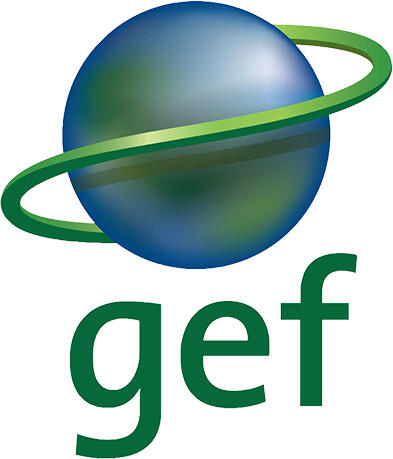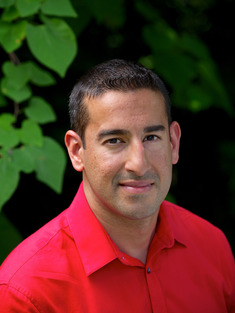Component 1: Data clearinghouse
With the facilitation of national CBNRM networks and non-governmental organizations, data will be gathered from local communities and SMEs across the project area to better understand how Covid-19 has impacted them, and their resulting financial needs. The online platform will continuously process and house this data and make it available to donors and other platform supporters. Data on prospective funding resources available to mitigate the impacts will also be available on the platform.
Component 2: Facilitating links between funders, communities, and SMEs
The key goal of the platform is to facilitate matchmaking between donors and beneficiary communities and SMEs, resulting in the growth and well-targeted distribution of Covid-19 emergency relief funds, stimulus packages, and other financial support. With the facilitation of national CBNRM networks and non-governmental organizations, data collected in Component 1 will be used to connect communities and SMEs to appropriate donors and assist with proposal development. Component 2 will also focus on improved integration of nature-based tourism in investment decisions by governments and financial institutions.
Component 3: Monitoring and evaluation and knowledge management
A monitoring and evaluation framework will track the impacts of Covid-19 on nature-based tourism, the efficacy of funds raised through the platform, and develop and disseminate knowledge products.
An African community with a united voice stands a far greater chance of elevating this issue in the global agenda, amongst the many competing and related demands, and the platform will strive to achieve this through strong local leadership and collaboration. While the Covid-19 pandemic and its associated impacts will be felt for some time to come, the data gathered through this platform, the emergency relief funding secured, and the longer-term efforts to build the resilience of the nature-based tourism sector will benefit nature-based tourism in Africa well beyond the Covid-19 pandemic.


